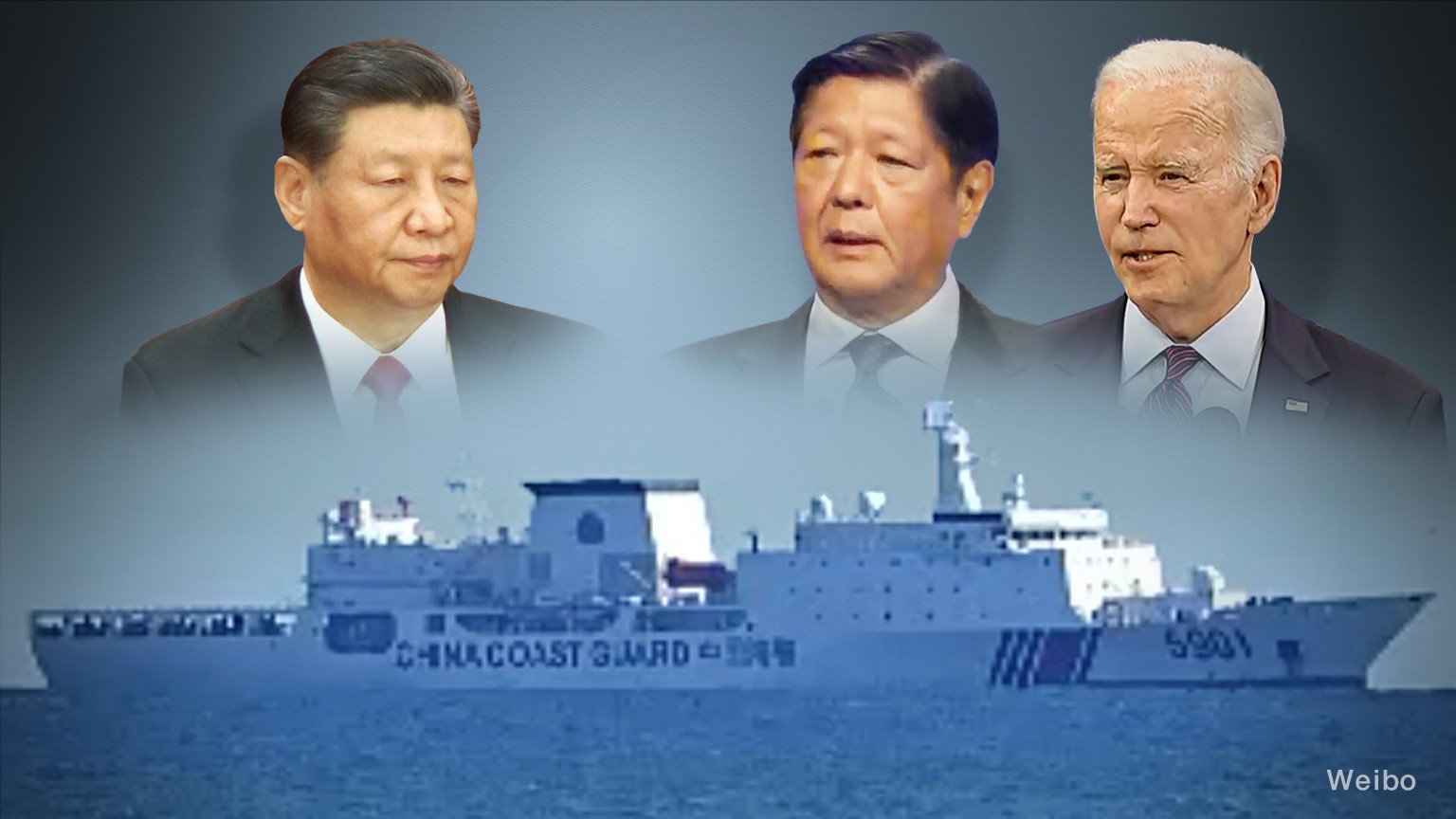
"The West Philippine Sea belongs to us!"
In mid-May, about 300 Filipinos rallied in Manila to voice their concern over the sovereignty of parts of the South China Sea. Residents along the streets waved the national flag to show their solidarity.
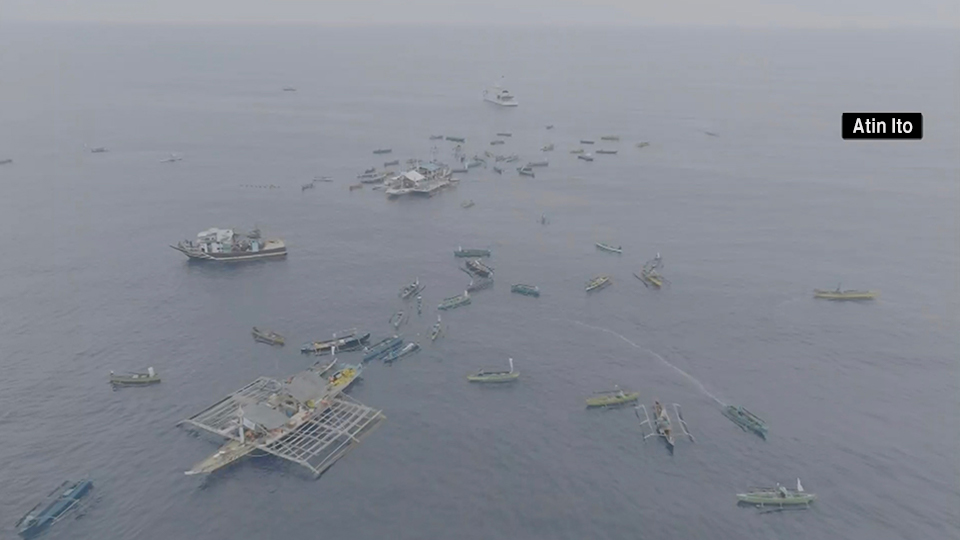
Protests were also held at sea. A flotilla of about 100 boats gathered off the coast of Zambales province, western Philippines, and then sailed to the South China Sea to protest China's activities. Fishers who were driven out of their fishing grounds by Chinese vessels also took part.
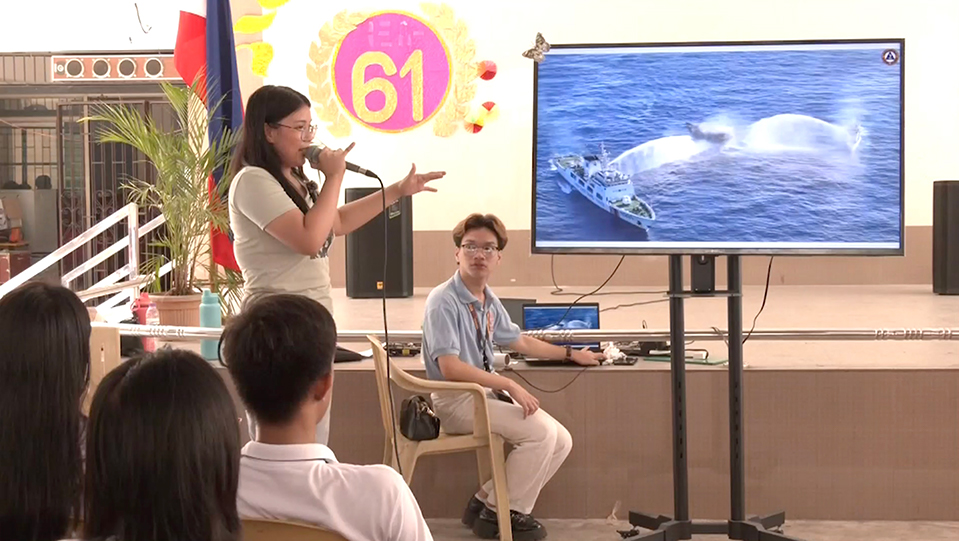
At a high school in Manila, a group that has been hosting events to protest China, held a seminar on the threat of Beijing's increasing maritime assertiveness.
"I didn't know that China has been doing this. We should have courage and should not allow suppression by China. Everyone should join hands for our South China Sea," a student said.
US ― China spar over the issue
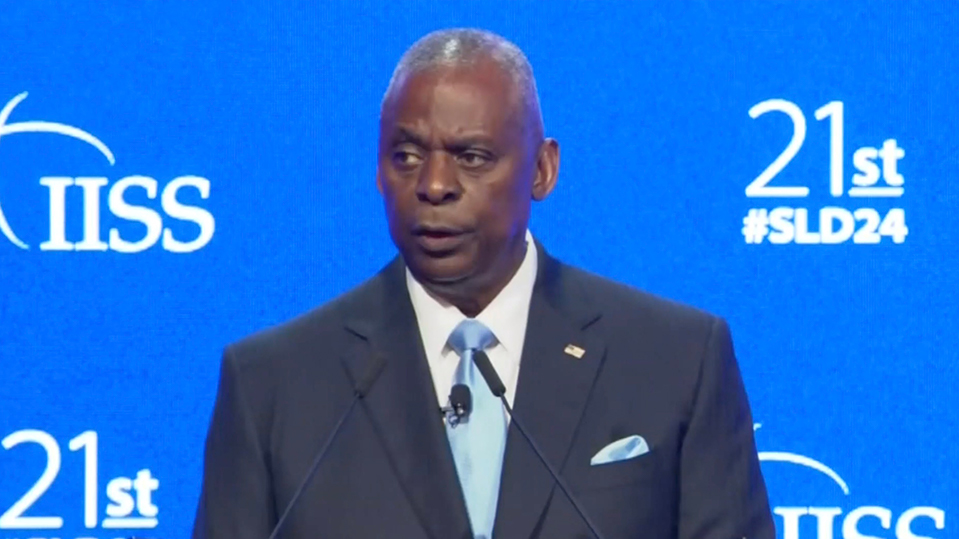
"Harassment that the Philippines has faced is dangerous."
At the Asia Security Summit, also known as the Shangri-La Dialogue, held in Singapore, United States Defense Secretary Lloyd Austin last Saturday condemned China's activities targeting Philippine vessels. He also emphasized the importance of communication to avoid accidental clashes.
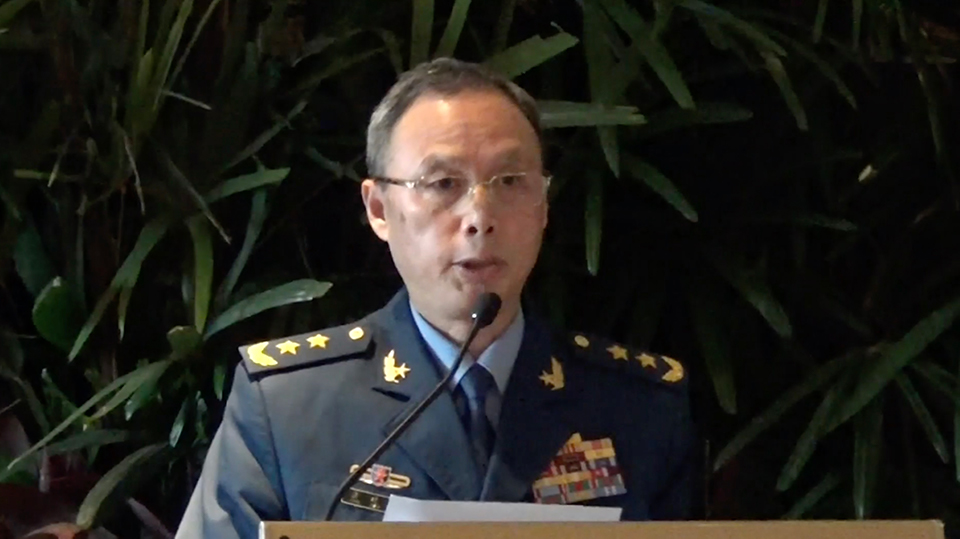
China hit back at Austin's remarks. Lieutenant General Jing Jianfeng, Deputy Chief of Joint Staff Department, China's Central Military Commission, said his speech was completely unreasonable.
"Tensions in the South China Sea have been escalating. The root cause is the fact that the Philippines is untrustworthy, it violates rights, and its moves are provocative. The United States is stirring the pot and inciting the situation."
New concern: China's "monster" ship

Recently, China has been firing water cannons at Philippine vessels in the South China Sea. Beijing is using so-called "grey zone tactics" that fall short of armed conflict to increase pressure on nearby countries.
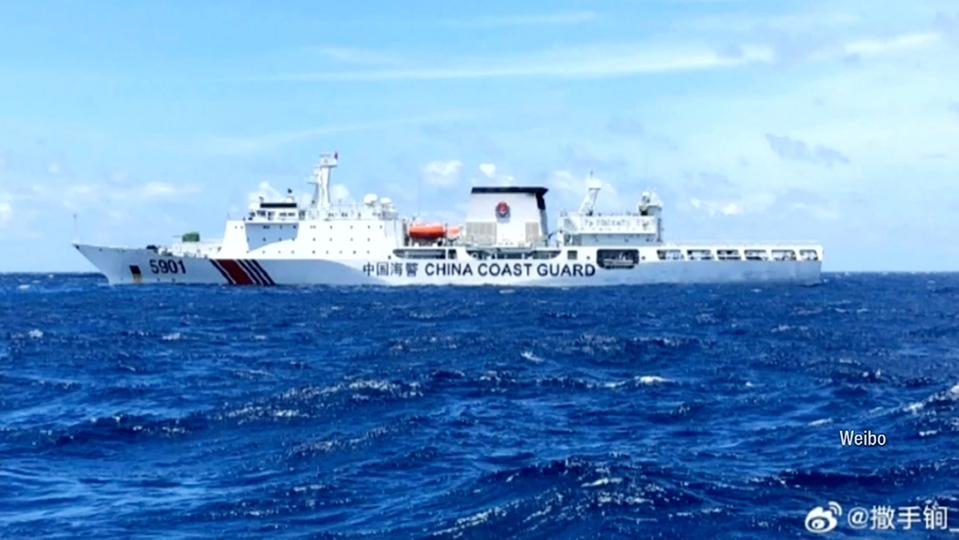
And now a new concern has arisen. A giant Chinese Coast Guard ship, dubbed "The Monster," has been deployed to the seas around the Philippines.
The 165-meter vessel, identified as China Coast Guard 5901, is the same size as the one that is often seen in the East China Sea, but in May it was spotted in the South China Sea. "The Monster" reportedly entered the Philippines' exclusive economic zone and navigated waters near Scarborough Shoal, which is effectively controlled by China.
The chief of the Philippines Coast Guard said the appearance of the vessel is a concern and its moves are being closely monitored. The largest Philippine Coast Guard vessels are a pair of 97-meter ships that were provided by Japan.
What's fueling public anger in the Philippines
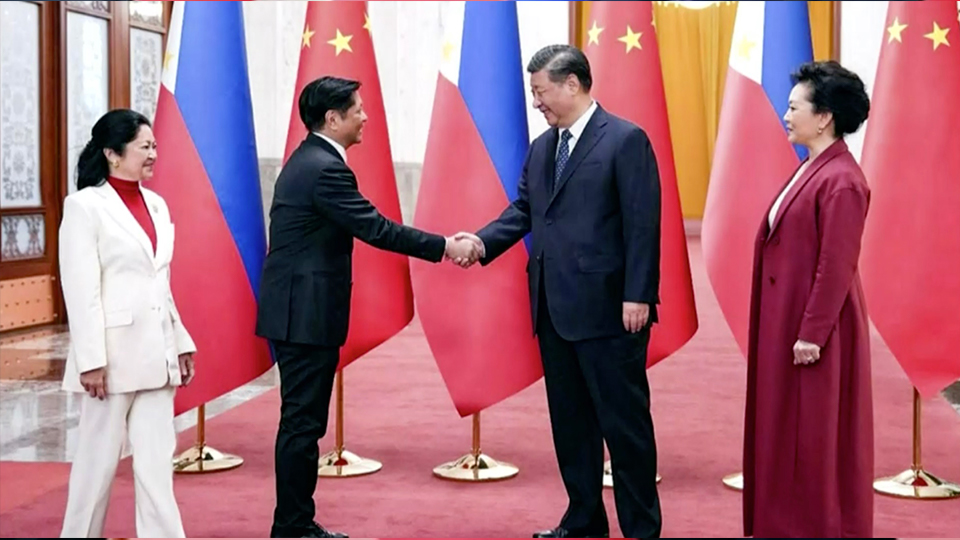
Behind the Philippines' concern and sharp public reaction to China is a change in the government's stance on Beijing. The previous administration of President Rodrigo Duterte had great expectations of developing economic ties with China, so it didn't take a hard stance over disputes in the South China Sea. And relations with Washington chilled.
But after President Ferdinand Marcos Jr. took office in 2022, it became clear that Manila was taking a different course.
When US Vice President Kamala Harris visited the Philippines in November that year, they discussed increasing the number of bases in the country that could be used by the US military. The two countries agreed to boost security ties.
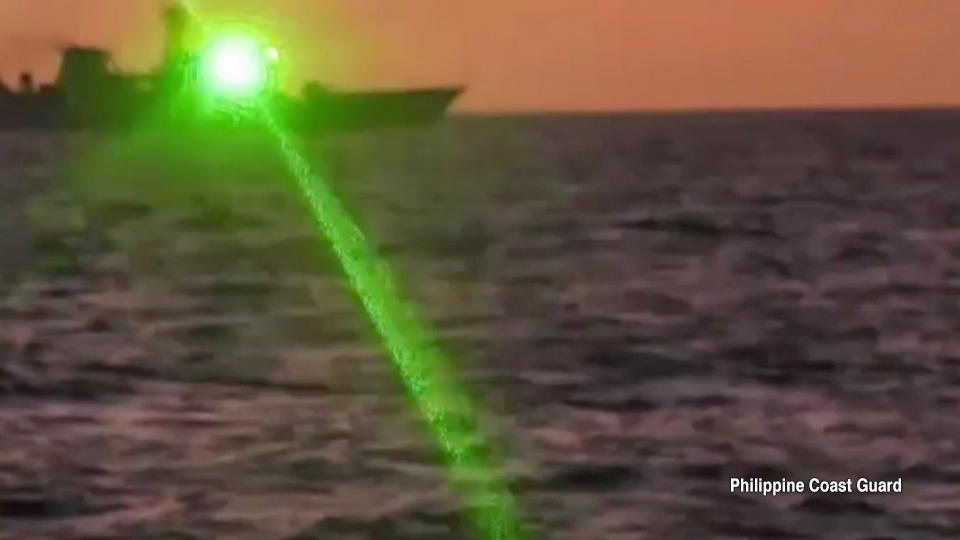
Last year, when the Philippine Coast Guard accused a Chinese government vessel of directing a military-grade laser at one of its patrol ships, China denied the claim.
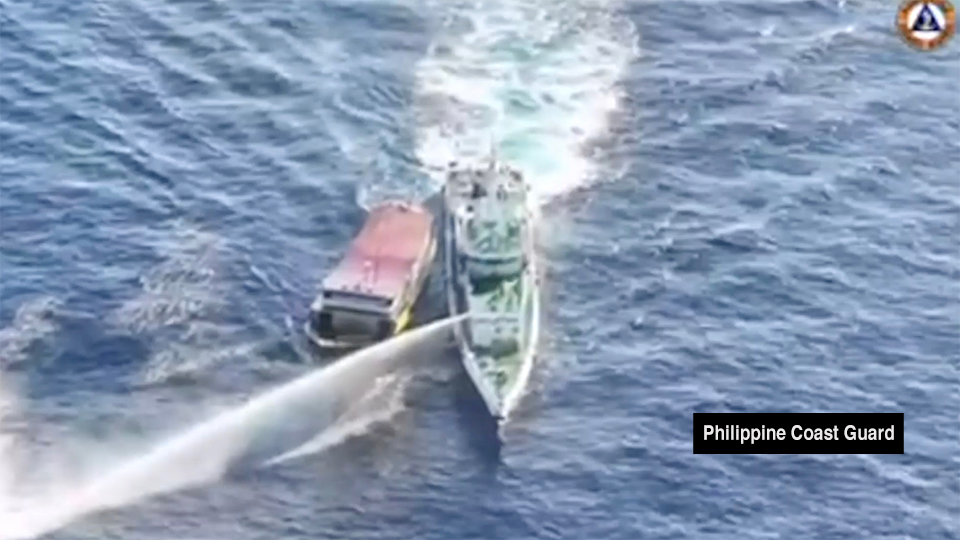
In response, Manila began releasing video of incidents involving Chinese vessels and allowing journalists from in and out of the country to accompany patrol ships.
A poll shows that over 70 percent of respondents want the government to strengthen patrols in the South China Sea. With public support, Marcos has been accelerating military cooperation with the US and other countries.
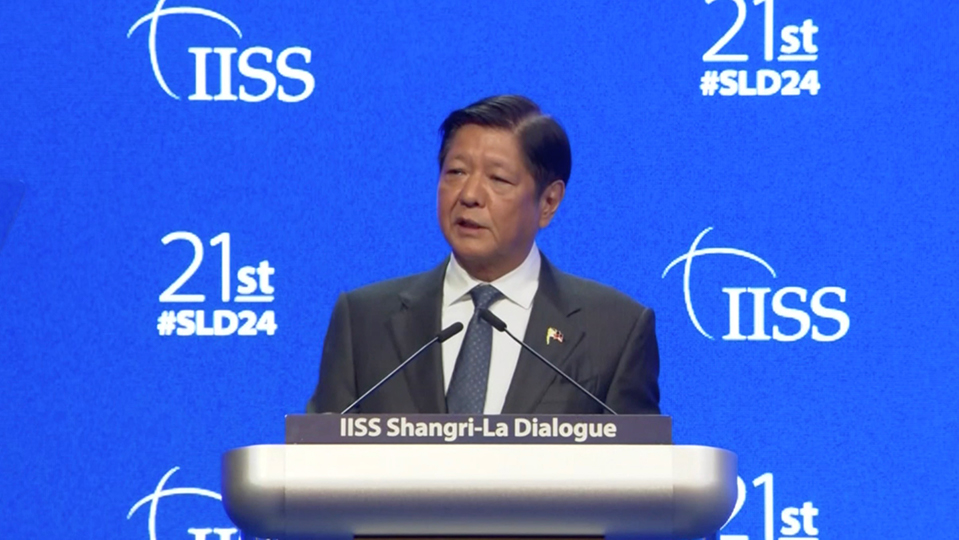
At the Shangri-La Dialogue in Singapore, Marcos warned Beijing that if any Filipino serviceman or citizen is killed by a willful act, he thinks it would be "very close to what we define as an act of war and therefore we will respond accordingly... and our treaty partners, I believe, also hold that same standard."
Expert: Fear of deteriorating state of affairs
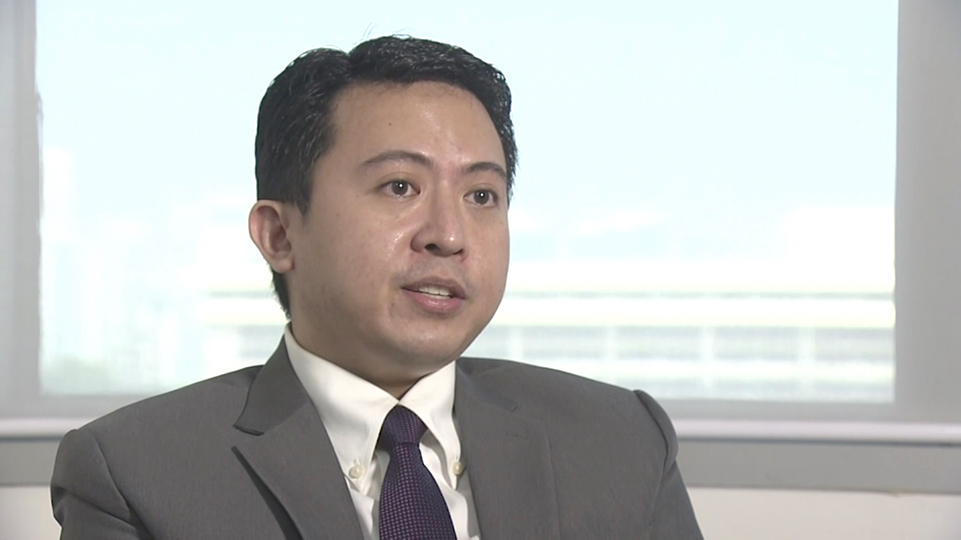
Dr. Aaron Jed Rabena is a senior lecturer at the University of the Philippines' Asian Center, and an expert on Asian security. He said if Manila continues to try and keep Beijing in check, the situation could deteriorate.
"There's a possibility that tensions will continue to escalate. It's a lot of challenge to handle, both from the Philippines own domestic audience, and from China."
Rabena said if former US President Donald Trump is re-elected in November, Washington could reduce its involvement in the South China Sea.
"The Philippines should not just depend on the United States. The Philippines need to hedge against the possible risk of the United States becoming isolationist or transactional."
